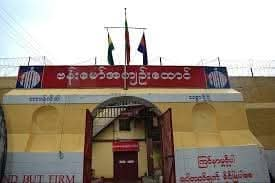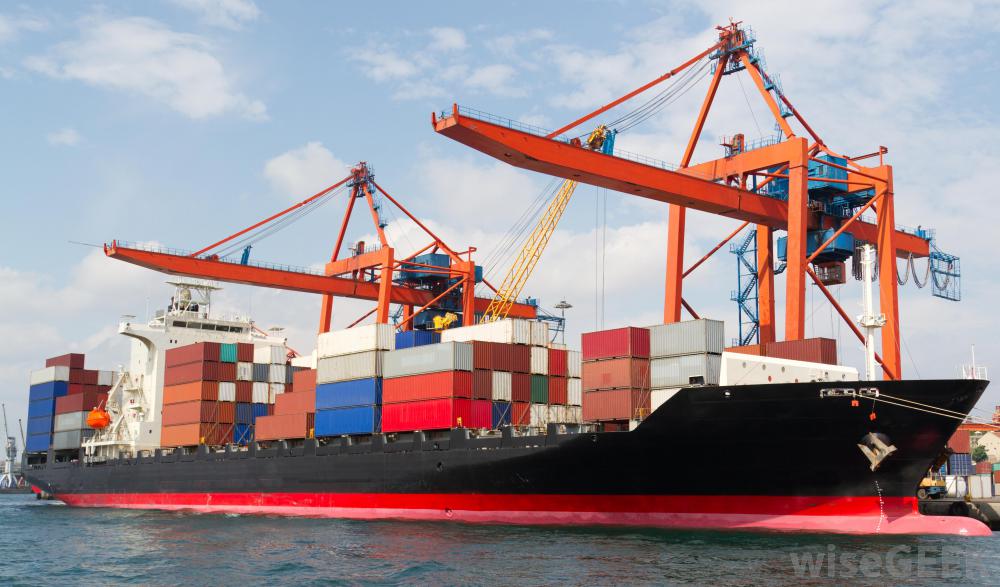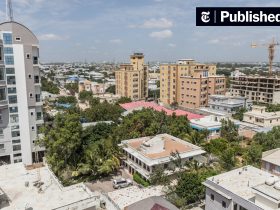
Mozambique’s main imported goods
Mozambique’s economy relies heavily on imports to meet its needs, with key imported goods spanning across energy, machinery, vehicles, food, and chemical products. The country’s import trends reflect its developmental priorities and dependency on foreign goods to sustain industries and daily consumption. Below is an overview of Mozambique’s main imported goods:
1. Fuels and Mineral Oils
Energy products, such as refined petroleum, diesel, and natural gas, are among Mozambique’s most significant imports. Despite its reserves of natural gas, the country lacks sufficient refining infrastructure, resulting in a dependence on imported fuels. These imports are crucial for powering transportation, industry, and electricity generation.
2. Machinery and Equipment
Machinery, including industrial and construction equipment, is another major import category. These goods support the country’s infrastructure development projects, agricultural modernization, and burgeoning mining sector. Mozambique imports machinery for uses such as drilling, farming, and industrial production.
3. Vehicles and Automotive Products
Motor vehicles, including passenger cars, trucks, buses, and spare parts, constitute a large portion of Mozambique’s imports. These are essential for both personal and commercial transportation, particularly as infrastructure development enhances road networks and trade routes.
4. Food Products and Beverages
The country imports a variety of food items, including cereals (wheat and rice), sugar, and processed foods, to address domestic production shortfalls. Imported beverages, such as soft drinks and alcoholic products, are also widely consumed, particularly in urban areas where demand for diverse food options is high.
5. Chemical Products and Pharmaceuticals
Mozambique depends on imported fertilizers, pesticides, and other agricultural chemicals to support its farming sector. Pharmaceuticals are another critical import, as the country strives to improve healthcare access and address diseases such as malaria, HIV/AIDS, and tuberculosis.
6. Textiles and Apparel
Clothing and textile imports fulfill the demand for affordable apparel in urban and rural areas. These products range from second-hand clothing to new garments imported mainly from countries such as China and India.
7. Electronics and Consumer Goods
Electronic appliances, mobile phones, and other consumer goods are highly sought after in Mozambique’s growing urban centers. These imports reflect the increasing adoption of modern technology among the population.
8. Raw Materials and Intermediate Goods
Mozambique imports raw materials and semi-finished goods to support its manufacturing and processing industries. These include steel, plastic, and rubber products used in construction and manufacturing.
9. Construction Materials
With a strong focus on infrastructure development, Mozambique imports cement, tiles, pipes, and other construction materials. These are vital for housing, industrial facilities, and large-scale infrastructure projects like roads, bridges, and ports.
Key Import Partners
Mozambique’s main import partners include South Africa, China, India, and the United Arab Emirates. South Africa plays a pivotal role, supplying vehicles, machinery, and consumer goods, while China and India export affordable electronics, textiles, and machinery. The UAE is a key supplier of petroleum products.
Conclusion
Mozambique’s reliance on imports highlights its development challenges, including limited domestic production capacity and technological capabilities. However, these imports also represent opportunities for economic growth, enabling the country to modernize its industries, improve living standards, and facilitate trade. Strategic investments in infrastructure and industrialization could reduce dependence on imports over time.




Leave a Reply